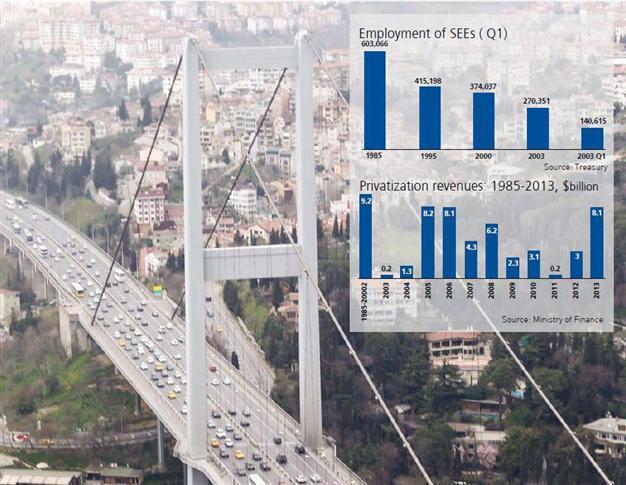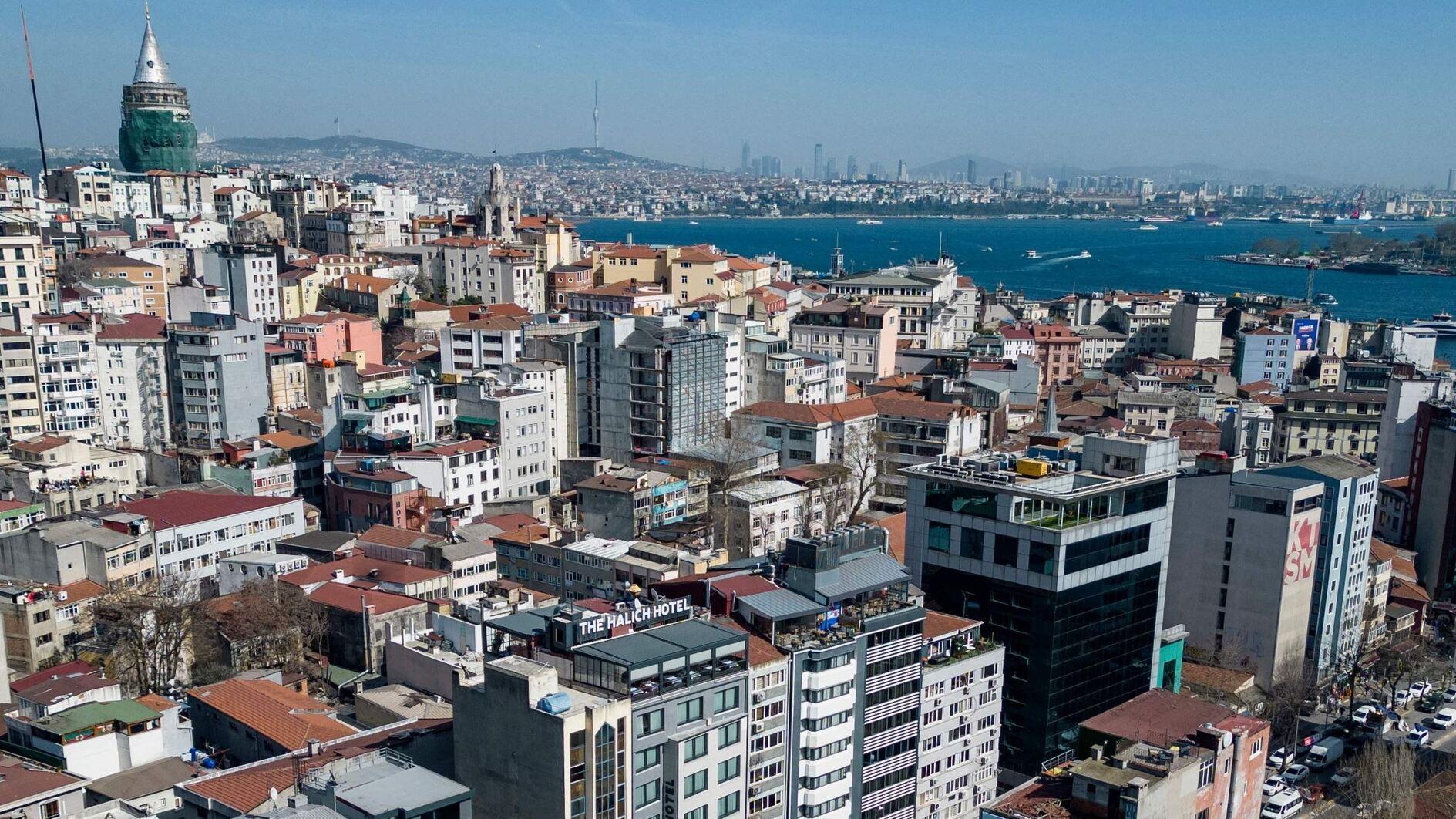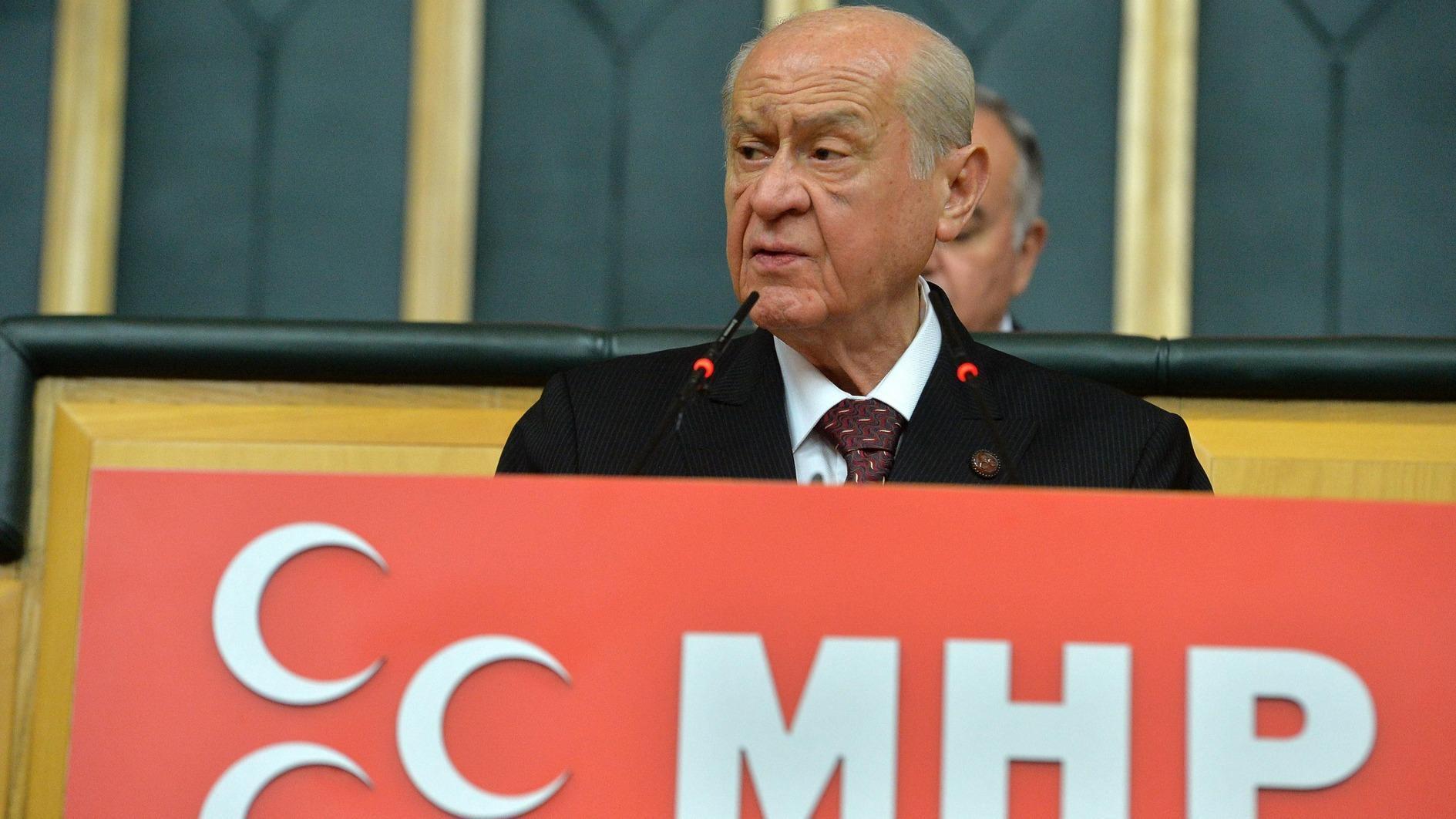What left to sell after $54 billion of privatization
MUSTAFA SÖNMEZ

The government aims to get $3-4 billion of yearly revenues from privatizations. Energy enterprises are the first to be sold, followed by highways and bridges. DAILY NEWS photo, Emrah GÜREL
Many assets were privatized in May and June in a very quiet way. In the first half of 2013, $8 billion worth of privatizations were held. Seyitömer Thermic Plant was sold for $2.2 billion, BEDAŞ, which is responsible for power distribution for the Anatolian side in Istanbul, for $2 billion, and Başkent Gas in the capital Ankara for around $1.2 billion, among others.Balance sheet
The privatization wave got started in Turkey in 1985, but a majority of them took place during the Justice and Development Party (AKP) government in the last decade. The AKP government has sold state-owned companies for over $54 billion over the last 10 years, and $8 billion in the first half of 2013.
The government mainly sold the state economic enterprises in the areas of industry and communication, then adding many lands to these assets. Many had started to question what was left to sell. And the privatization of the state-owned power plants and power distribution companies got started as well as of many public buildings and lands that lost their forest qualities, among others.
The concept of state economic enterprise (SEE), called “KİT” in Turkish, was born in Turkey in the 1930s from a basic need, not of an ideological choice. That was about a need for state capitalism in a country where the lack of capital was a strong case. Many state-owned enterprises were established from mainly 1950s to 1980s to meet the need, to fill the gaps resulting from the lack of private companies in a number of fields from rural development to high technologies and energy. In this manner, Et-Balık (Turkish State Meat and Fish Co) and SEK (Turkish Milk Industry Institution) were established to maintain rural development, and Petkim for energy needs. Such enterprises also prevented any regional gaps, brought about an unemployment boom, and contributed to the creation a fertile ground for labor unions.
Both domestic and foreign dynamics played a prominent role in the launch of the privatization wave in Turkey. The Turkish state had extended its presence in the economy gradually since the first years of the establishment of the republic in many areas from industrial infrastructure to agriculture and services. This, however, had started to cause the deficits in the state budget specifically since the second half of the 1970s, becoming a “legitimate” means for many politicians’ populist discourses and a “hindrance” on the way for the development of private sector.
Many local and global institutions, such as Turkey’s Businessmen and Industrialists Association (TÜSİAD), the Union of Chambers and Commodity Exchanges of Turkey (TOBB), the IMF and the OECD, had begun to announce a strong need for the rehabilitation of the state-owned enterprises at the beginning, closing down the inefficient enterprises and privatizing the efficient ones. There was a strong wave of liberalization globally, pushing the accompanying movements, including privatization, free marketization and deregulation.
Instead of closing down a majority of the state-owned enterprises, really nonfunctioning of these enterprises could have been terminated while others could have been restructured so as to meet the needs of modern, technological needs of Turkey and to make the country a real chance to be more competitive and employment friendly, or the state could have established new ones accordingly, but that didn’t happen.
A majority of the state-owned enterprises had been eliminated specifically in the Kemal Derviş era since the beginning of 2000s, mainly to pay the debts to the IMF and others. This wave has accelerated during the AKP era. Many enterprises were sold from Türk Telekom to the petroleum refinery TÜPRAŞ and Turkish tobacco and alcohol company TEKEL. While 384,000 workers were employed by the state economic enterprises in 2002, the number decreased to 120,000 during the AKP era.
What's on sale?
The Finance Ministry plans to obtain $3-4 billion of annual revenues from privatizations in the next years. What is left to sell? Energy enterprises appear to be first, followed by highways and bridges.
The sale of four groups of hydro power plants, which are owned by the National Power Generation CO (EÜAŞ), was approved by the privatization authority with the method of the transfer of the operation rights. The authority is also about to complete the required procedures that will pave the way to the privatization of 17 hydro power plants in 10 groups with the same method.
The operation rights of some of the highways and bridges, owned by the General Directorate of Highways, are also planned to be transferred.
The privatization tender of the İzmir Port, owned by the Turkish State Railways, was cancelled before. It has now been decided to privatize the port in two parts, as a cruise port and a cargo port. The National Lottery, Milli Piyango, is also on the urgent list of the enterprises that will be privatized. Energy, infrastructure, national lottery… Privatization continues relentlessly.
















